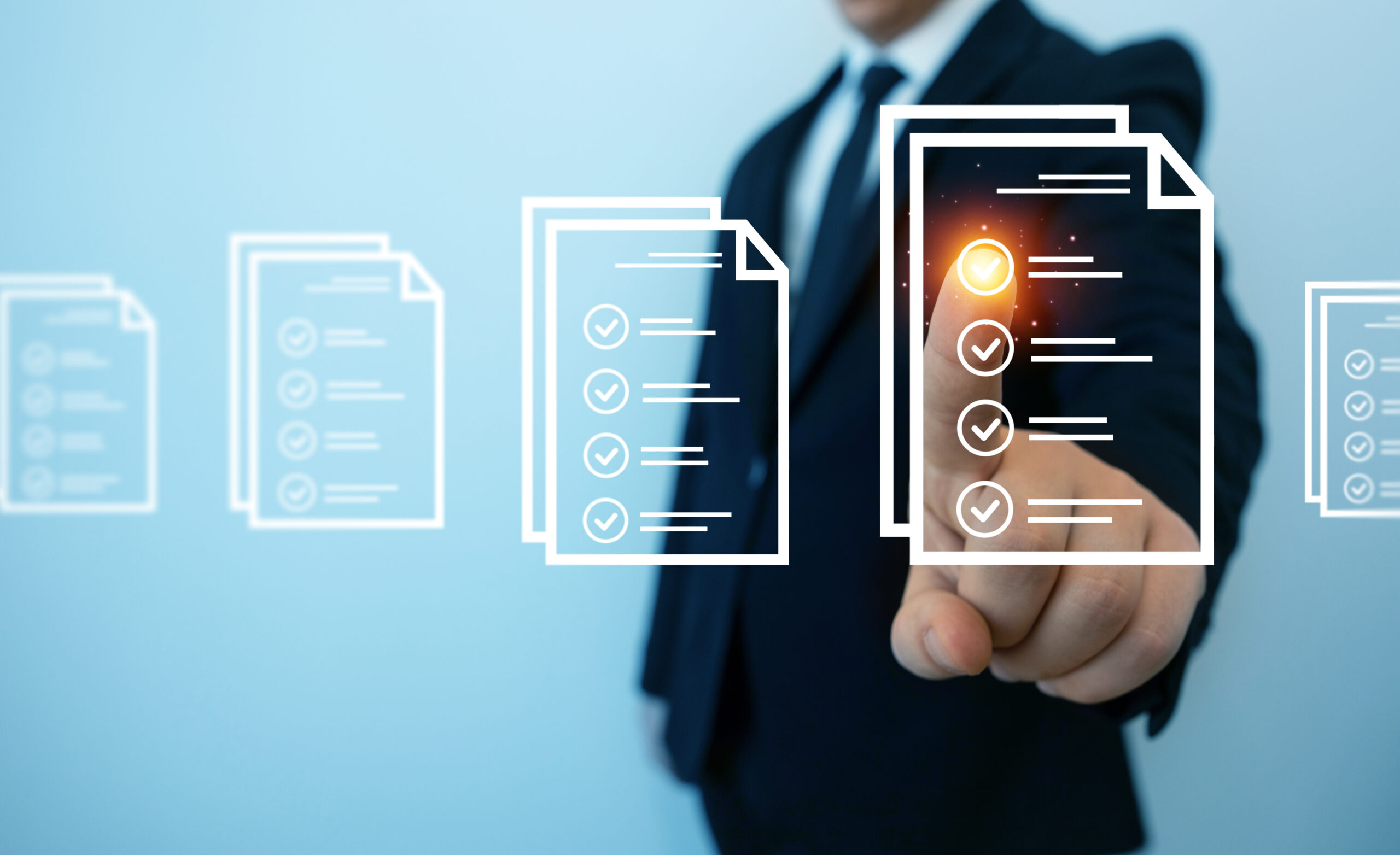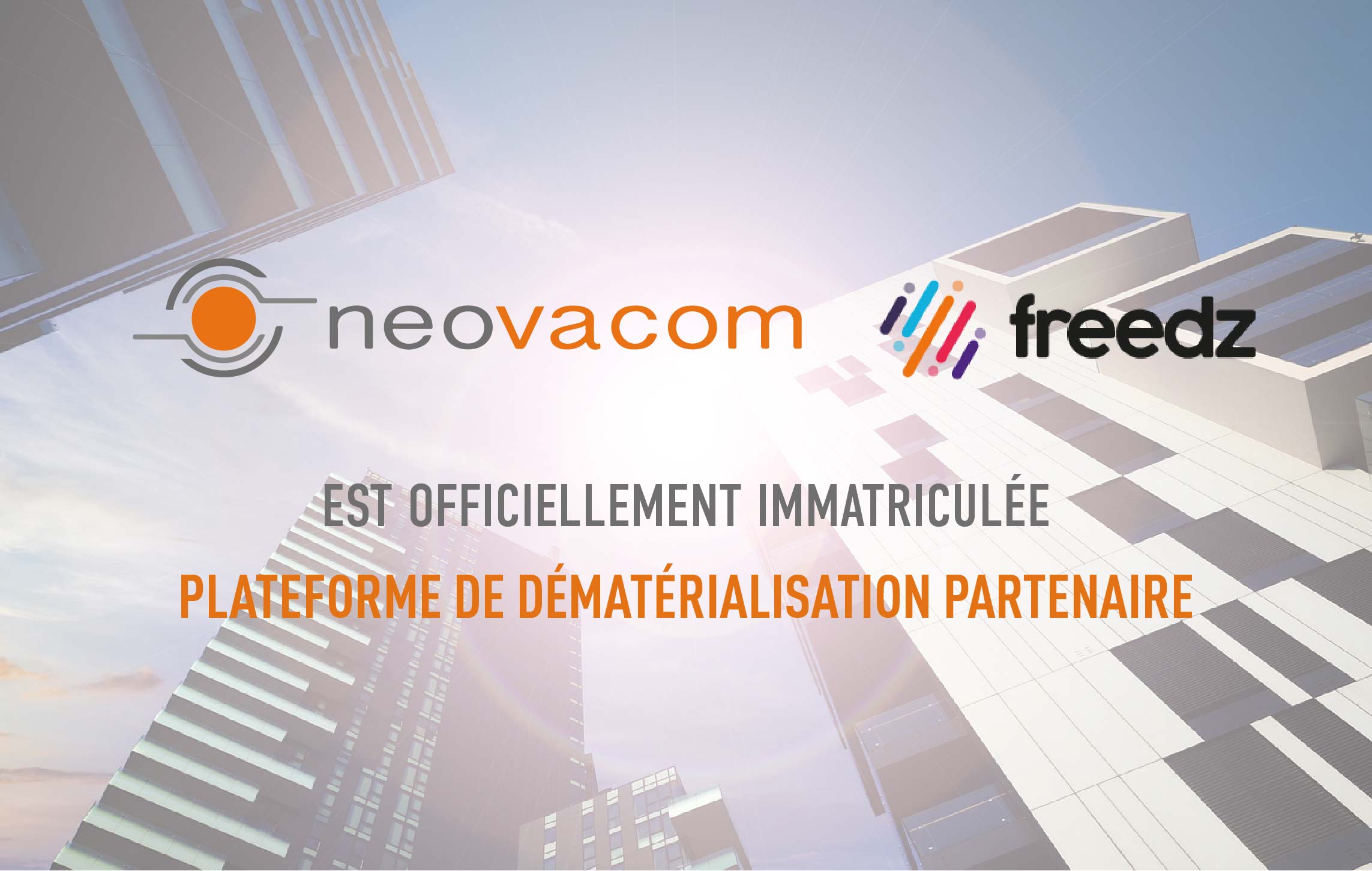Invoice

PDP Immobilière : la solution sur mesure pour la gestion comptable des Bailleurs Sociaux
PA Immobilière : la solution sur mesure pour la gestion comptable des Bailleurs Sociaux Les bailleurs sociaux font face à des défis complexes dans la gestion simultanée des factures clients et fournisseurs, une tâche qui s’avère cruciale pour leur stabilité financière et opérationnelle. Cette double gestion, à la fois des revenus locatifs et des dépenses […]
To know more about it
French PEPPOL Authority: new impetus for electronic invoicing
Stéphane EUSTACHE, director of the e-invoicing program, and Sébastien Rabineau, director of the e-invoicing project at the Direction Générale des Finances Publiques (DGFiP), have officially announced the creation of the "PEPPOL France" authority and a working group on the "AFNOR PEPPOL" standard. This news has been eagerly awaited by the digital players in electronic invoicing.
This announcement is in line with the press release of October 15, 2024, in which the French administration announced its wish to rely on Partner Dematerialization Platforms (PDP) rather than a national state platform made available free of charge (the PPF).
To know more about it
What are the challenges facing CFOs in 2025?
What are the challenges facing CFOs in 2025? What are the challenges facing CFOs in 2025? What issues will become increasingly important in the coming years? In 2025, Administrative and Financial Departments (DAF) will be operating in a complex environment marked by political uncertainty, [...].
To know more about it
Electronic invoicing reform: identifying and resolving discrepancies between pre-filled VAT and that declared by the company
E-invoicing reform: identifying and resolving discrepancies between pre-filled VAT returns and VAT declarations E-invoicing reform: how will pre-filled VAT returns be reconciled with VAT declarations? The aim of the e-invoicing reform, which will come into force on 1 January 2009, is to [...]
To know more about it
Supplier invoice processing: how to better control costs and risks?
Processing invoices from suppliers remains a tedious administrative task. Many invoices are still sent in paper format, requiring manual entry into the accounting software, which increases the risk of errors, not to mention the risk of misplacing some invoices in the process. In the final analysis, many companies have grasped the importance of digitizing their production processes, but there is still room for improvement when it comes to managing and paying supplier invoices. And yet, there are solutions to help you process these invoices as quickly as possible...
To know more about it
Invoice dematerialization: the ultimate guide
More practical, more economical, the dematerialization of invoices offers many advantages. The dematerialization of invoices will also soon be a legal obligation: all companies are therefore concerned. So how can you successfully switch to dematerialised invoices? This guide contains all the information you need to know about dematerialised invoices.
To know more about it
PA dédiée à l’immobilier : l’assurance d’une plateforme adaptée à vos besoins
Electronic invoicing brings with it a host of new market players. Whether PPF, PDP or OD, all companies will need to think about which service provider they will use to manage their electronic invoice flows and ensure compliance with tax authorities' regulatory requirements.
To know more about it
ViDA Directive: understanding the VAT modernization project
Value Added Tax (VAT) is a major source of revenue for the member states of the European Union. However, the growth of e-commerce, the increasing number of transactions and the emergence of new technologies mean that VAT regulations need to be modernized. The aim of the ViDA directive is to harmonize measures across Europe to increase their effectiveness and reduce tax fraud.
To know more about it
Neovacom officiellement immatriculée comme plateforme agréée (ex PDP)
Announced as one of our major objectives for 2024, the registration of our Freedz platform edited by Neovacom as a partner dematerialization platform was officially announced by the French General Directorate of Public Finances on August 27, 2024. Neovacom is recognized as a PDP by the tax authorities under number 32.
To know more about it
Advance invoice: putting an end to confusion in the field thanks to dematerialization
Deposit, work situation, deposit or advances... Confusion between these different concepts remains commonplace in the real estate and construction sector. On the ground, this confusion is exacerbated by the new legislative obligations, particularly in terms of VAT. In addition, the arrival of electronic invoicing in 2026 will add an additional layer of complexity to the naming of invoices, forcing professionals to adapt quickly to these changes to remain compliant. Explanations.
To know more about it
Job status: automate project processing
For companies, it's customary to invoice as work progresses, rather than once the site has been completed, in order to pay employees and stock up on materials. However, issuing progress invoices can quickly become complex and a source of tension between the company and its customers. The solution? Automate the invoicing process to save time and avoid disputes!
To know more about it
Collection procedures: how can dematerializing invoices help you avoid them?
If there's one scourge every company knows about, it's late payment and non-payment! And when they accumulate, cash flow is threatened. Faced with this, companies need to improve their organization or their debt collection processes. In order to relieve the burden on the accounting department, dematerializing invoices using a receivables tracking solution is now essential.
To know more about it